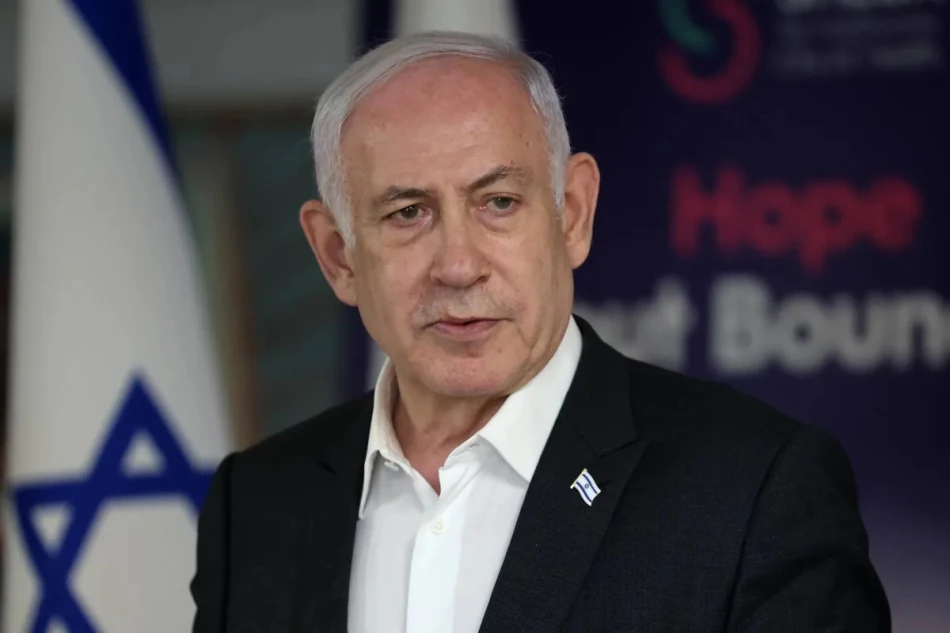
Netanyahu: Gaza War Ceasefire Talks to Begin Immediately, with Conditions
Netanyahu Signals Dual Strategy: Military Escalation Alongside Hostage Negotiations
Israeli Prime Minister Benjamin Netanyahu has announced immediate instructions to begin negotiations for hostage release and ending the Gaza war, but only under terms "acceptable to Israel." The move comes as he simultaneously approved expanded military operations to control Gaza City and defeat Hamas, signaling a high-stakes dual approach that could reshape the conflict's trajectory.
A Two-Track Approach Under Pressure
In a recorded statement, Netanyahu revealed he had traveled to the Gaza Division to approve military plans presented by the Israeli Defense Forces and Defense Minister for controlling Gaza City. "These two things - defeating Hamas and releasing all hostages - go hand in hand," he declared, according to Israeli Broadcasting Corporation reports.
The timing suggests mounting domestic pressure is forcing Netanyahu's hand. Families of hostages demonstrated outside the security cabinet meeting, demanding immediate action on a prisoner exchange deal. This grassroots pressure has become a significant political force, potentially more influential than international diplomatic efforts.
Strategic Calculations Behind the Announcement
Netanyahu's dual announcement reflects a calculated gamble: that military pressure on Hamas will strengthen Israel's negotiating position while simultaneously addressing domestic critics who argue he has prioritized military objectives over hostage recovery. This strategy echoes historical precedents where military escalation preceded diplomatic breakthroughs, though it carries substantial risks.
The Leverage Question
The success of parallel negotiations and military operations hinges on whether increased military pressure actually enhances Israel's bargaining power or simply hardens Hamas positions. Previous rounds of this conflict suggest that Hamas has historically been more willing to negotiate prisoner exchanges when facing existential military pressure, but also that prolonged military campaigns can complicate hostage recovery efforts.
Implications for Regional Stability
This dual approach could significantly impact regional dynamics. If successful, it might establish a new template for resolving similar conflicts - combining military pressure with diplomatic engagement. However, escalating military operations while conducting sensitive negotiations creates obvious contradictions that could undermine both tracks.
The announcement also puts pressure on mediating countries, particularly Egypt and Qatar, who must now facilitate negotiations while military operations intensify. This complicates their traditional role as neutral brokers and may require more active international involvement to maintain negotiating channels.
Domestic Political Ramifications
Netanyahu's announcement appears designed to address his most vulnerable political flank: criticism that he has failed to prioritize hostage recovery. By explicitly linking military operations to hostage negotiations, he attempts to neutralize arguments that these objectives are mutually exclusive. However, this strategy also raises stakes considerably - failure on either track could prove politically devastating.
The security cabinet's emergency session and the hostage families' protests underscore the intense domestic pressure driving these decisions. Israeli public opinion has increasingly focused on hostage recovery as a primary war objective, creating political imperatives that may override purely military considerations.
Most Viewed News

 Sara Khaled
Sara Khaled






